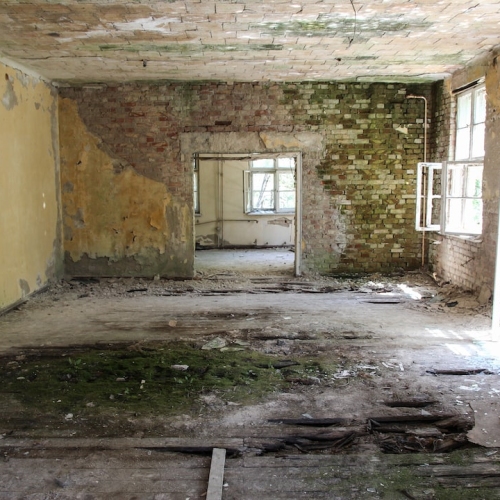If operator and site provider cannot reach an agreement which provides the operator with the rights it seeks, the operator may ask the Tribunal to impose an agreement which confers those rights against a site provider’s wishes, subject to the operator satisfying certain criteria.
The Right to MSV
Before seeking rights to install apparatus and operate sites from land, operators first need to establish whether that land is suitable for such purposes. As part of that assessment, an operator will usually request to survey the land – known as a Multi-Skilled Visit (“MSV”) in industry jargon.
We know from previous case law that the right to carry out a MSV on land is a code right which falls within paragraph 3(d) of the New Code – it falls within the right to “carry out any works on the land for or in connection with the installation of electronic communication apparatus on, under or over the land or elsewhere”.
We also know that the right to MSV will be “interim” in nature and will be exercisable for a defined period of time. An “interim” code right can be conferred without an operator also needing to seek permanent code rights.
The Test
Before the Tribunal will consider making an Order granting interim Code rights, the operator will need to establish a good arguable case that the following conditions are met:
- That the prejudice suffered by the relevant person (in this case London Underground) must be capable of being compensated financially; and
- That the public benefit likely to result from an order must outweigh that prejudice suffered by the relevant person
The Facts
Two operators wish to carry out a MSV to assess the suitability of a building owned by London Underground, a subsidiary of Transport for London. The Central London building in question is designated as “critical national infrastructure” and a “network power control centre”.
The operators filed evidence on both compensation and public benefit tests above – they argued a small number of visits are financially compensable, and that there is a clear public interest in a replacement site being identified before the loss of a neighbouring site will adversely affect coverage in a high-demand area.
London Underground’s objections were focused on specific issues relating to the security of the building. It was argued that the security risks presented by any “bad actors” entering the building, or by diverting staff from critical tasks elsewhere, would create security risks which could never be compensated in money, however small or remote those risks may be.
The Outcome
The Tribunal did not accept London Underground’s concerns as being sufficient to prevent the operators from being granted access to carry out a MSV. The Judgment concludes that “the possibility of the sort of serious security incident described in [London Underground’s] evidence…being caused by an order granting brief supervised access to the building on appropriate terms on a few occasions is too remote and theoretical to amount to prejudice”.
The Tribunal considered it appropriate to address London Underground’s concerns not by refusing an Order, but by determining the terms of the agreement being imposed, and by requiring “appropriate conditions” to be observed by the operators. These could include prior security vetting and proper supervision at the operators’ expense. If terms could not be agreed, the parties may return to the Tribunal for determination.
Conclusions
Based on the cases to date, it will be a rare case indeed in which the Tribunal outright refuses to grant the operator the right to carry out a MSV. It has, however, repeatedly emphasised the importance of appropriate terms being included in an agreement, particularly in cases involving sensitive buildings with heightened security risks.
The Tribunal has also departed from its preference to deal with interim rights applications of this nature “on paper”, due to the sensitivities involved in this case. Ordinarily, the Tribunal will deal with such applications summarily. A further hearing might be necessary to determine terms if the parties cannot agree appropriate controls and measures consensually.
For reluctant site providers faced with a MSV request, serious consideration may need to be given to the financial risks and prospects of opposing a request in all but the most unusual of cases. The Tribunal recognised a refusal to impose an agreement is possible in an “extreme case”, repeating the conclusions of the Court of Appeal in the University of London case.
However, it still granted the order despite this “possibly being an extreme case”. The better investment for site providers might often be ensuring terms are agreed which provide sufficient protection and controls for the period in which the rights are exercised. The Tribunal needs to give effect to those terms if rights are being exercised on an interim basis only, and it has shown willing to intervene in arrangements, even where agreement has been reached.
There was also a final warning to the operators in this case; seeking interim rights to survey land is one thing, but seeking permanent rights over such a sensitive building is another matter altogether, with a higher burden of proof. As the Tribunal concluded: “if we get to the stage of considering whether long term paragraph 20 rights should be imposed, involving much more frequent access, the security concerns which Mr Clack has identified and which would no doubt be the subject of more informative evidence, might be enough to tip the balance”.
Watch this space…




